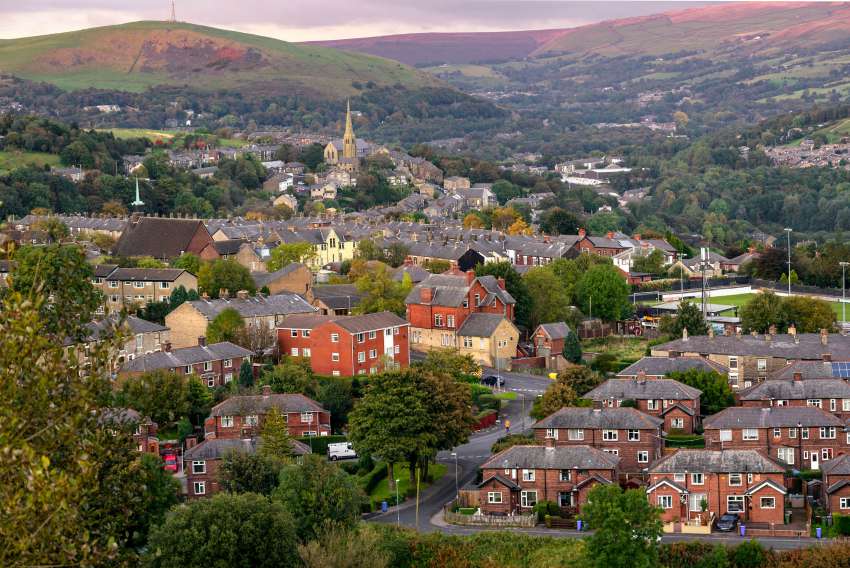31 January 2019
|
| NIBE Energy Systems has developed a policy pathway paper for phasing out high carbon fossil fuels in response to the Government’s 2017 Clean Growth Strategy, a vision for driving down emissions throughout the next decade, which included phasing out high carbon fossil fuels in off gas grid properties. The recently published Clean Air Strategy 2019 recognises how technology can support multiple aspects of clean growth. It recommends reducing demand through improved energy efficiency and opting for technologies that mitigate climate change and improve air quality at the same time. |
NIBE welcomes the continued commitment by Government to tackle climate change, improve air quality and move away from high carbon fossil fuels, but stresses that further work is needed to facilitate greater and smoother transition from fossil fuels to renewables in off gas grid properties.
The new policy paper, Heating Our Home – Phasing out Fossil Fuels, raises awareness of the need to tackle the decarbonisation of heat urgently and suggests steps which can be taken in the UK now, to move towards cleaner, more efficient heating systems:
Building Regulations, and specifically the upcoming review of Part L, represent a significant opportunity to drive down the carbon emissions from new build properties.
To enable the required uptake of low carbon heating, NIBE recommends:
NIBE Energy Systems managing director Phil Hurley said: “We must significantly reduce the role of oil and other high carbon fuels in new and existing buildings by the early 2020s. Setting a clear end date for fossil fuel installations is the low hanging fruit which will drive decarbonisation more widely. This report looks at policy levers which could be pulled to make it easier to switch and ensure that it happens at the rate required. We look forward to engaging with policy makers in 2019 to make these recommendations a reality through the development of an ambitious policy framework for heat in buildings.”
The new policy paper, Heating Our Home – Phasing out Fossil Fuels, raises awareness of the need to tackle the decarbonisation of heat urgently and suggests steps which can be taken in the UK now, to move towards cleaner, more efficient heating systems:
- Commit to a concrete date for high carbon fossil fuel phase out in the 2020s to provide certainty
- Low carbon heating must be deployed in buildings capitalising on key trigger points
- The groundwork for widespread uptake must be set; this means ensuring homes are renewables ready, recognising improvements in energy performance in property values and providing support to enable and encourage adoption.
Building Regulations, and specifically the upcoming review of Part L, represent a significant opportunity to drive down the carbon emissions from new build properties.
To enable the required uptake of low carbon heating, NIBE recommends:
- Set tight new build standards that will in effect render renewable heating the primary option for new build where these systems make immediate sense
- Where fossil fuel heating systems are installed, these should be low temperature ready
- The maximum dwelling emission rate is reduced over time to encourage continuous improvement.
NIBE Energy Systems managing director Phil Hurley said: “We must significantly reduce the role of oil and other high carbon fuels in new and existing buildings by the early 2020s. Setting a clear end date for fossil fuel installations is the low hanging fruit which will drive decarbonisation more widely. This report looks at policy levers which could be pulled to make it easier to switch and ensure that it happens at the rate required. We look forward to engaging with policy makers in 2019 to make these recommendations a reality through the development of an ambitious policy framework for heat in buildings.”
Content continues after advertisements








